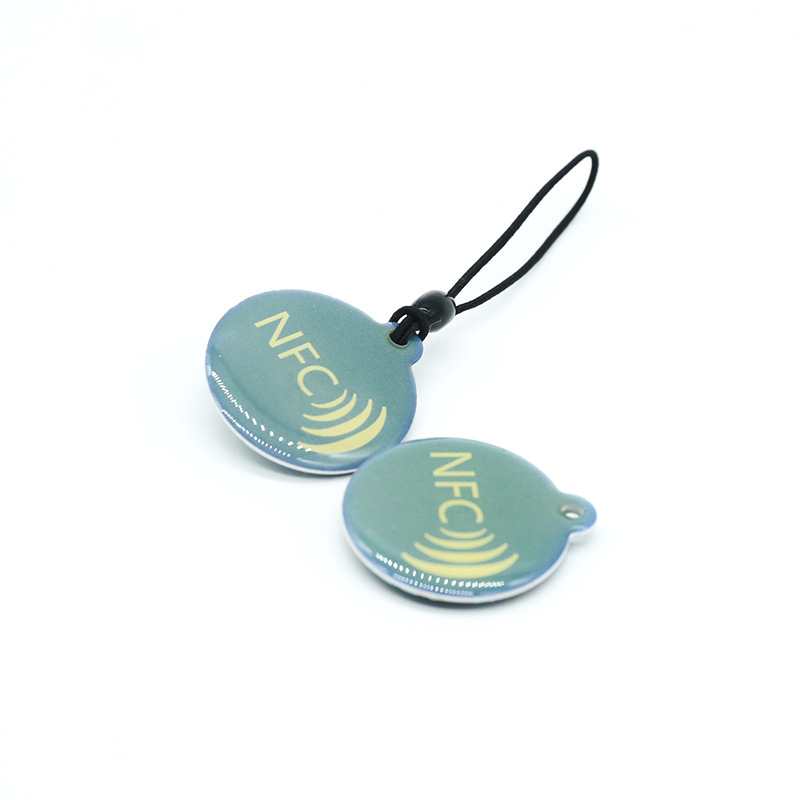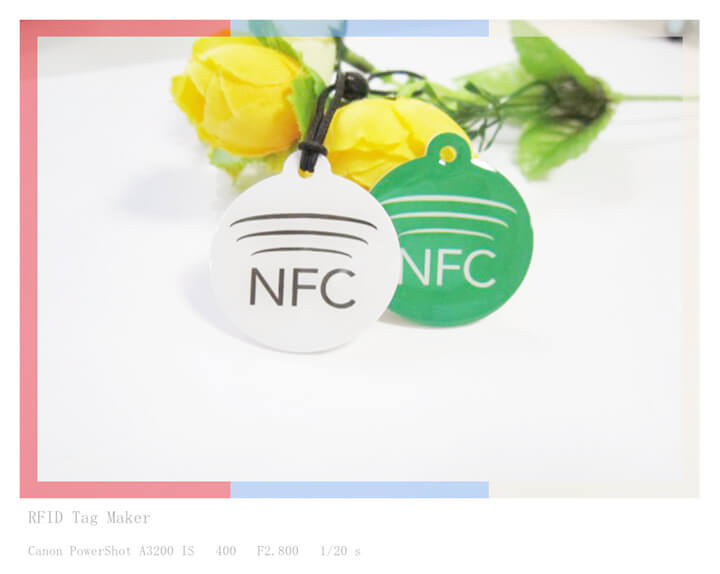RFID (Radio Frequency Identification) technology uses radio waves to transmit data between a reader and a tag. An RFID chip, also known as an RFID tag, is a small device that can be attached to objects or embedded in them, and can store and transmit data to a reader.
How Does an RFID Chip Work?
An RFID chip consists of a microchip and an antenna. The microchip contains data that is transmitted to the reader via the antenna. When the chip is within range of the reader, the reader sends out a radio frequency signal, which is received by the antenna on the chip. This signal powers the microchip and activates it to transmit its data back to the reader. The reader can then process and analyze the data, and provide relevant information or take appropriate action.
What Are the Advantages of RFID Chips?
RFID chips offer several advantages over traditional barcode or magnetic stripe technologies. RFID tags can be read at a distance, without the need for direct line-of-sight or physical contact. This allows for faster and more efficient data transfer, as well as the ability to read multiple tags at once. RFID tags are also more durable and long-lasting than traditional tags.
What Are the Different Types of RFID Chips?
There are two main types of RFID chips: passive and active. Passive RFID chips do not have their own power source and rely on the reader’s signal to power them. Active RFID chips, on the other hand, have their own power source and can transmit data over longer distances.
What Are the Applications of RFID Chips?
RFID technology is used in various industries, such as logistics, retail, healthcare, and manufacturing. Some common applications include inventory management, asset tracking, supply chain management, access control, and contactless payment systems.
Are There Security Concerns with RFID Chips?
One potential security concern with RFID chips is unauthorized access to the data stored on the tags. However, modern RFID systems often use encryption and other security measures to prevent this. Another concern is the potential for RFID chips to be used for tracking or surveillance purposes, but regulations and privacy laws often limit the use of RFID technology in these contexts.
Overall, RFID chips are small devices that can store and transmit data to a reader via radio waves. They offer several advantages over the traditional barcode or magnetic stripe technologies and are used in various industries for a wide range of applications. While there are some security concerns, modern RFID systems often employ encryption and other security measures to prevent unauthorized access to the data stored on the tags.
















